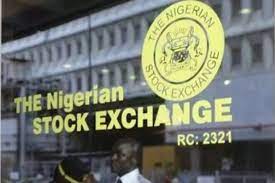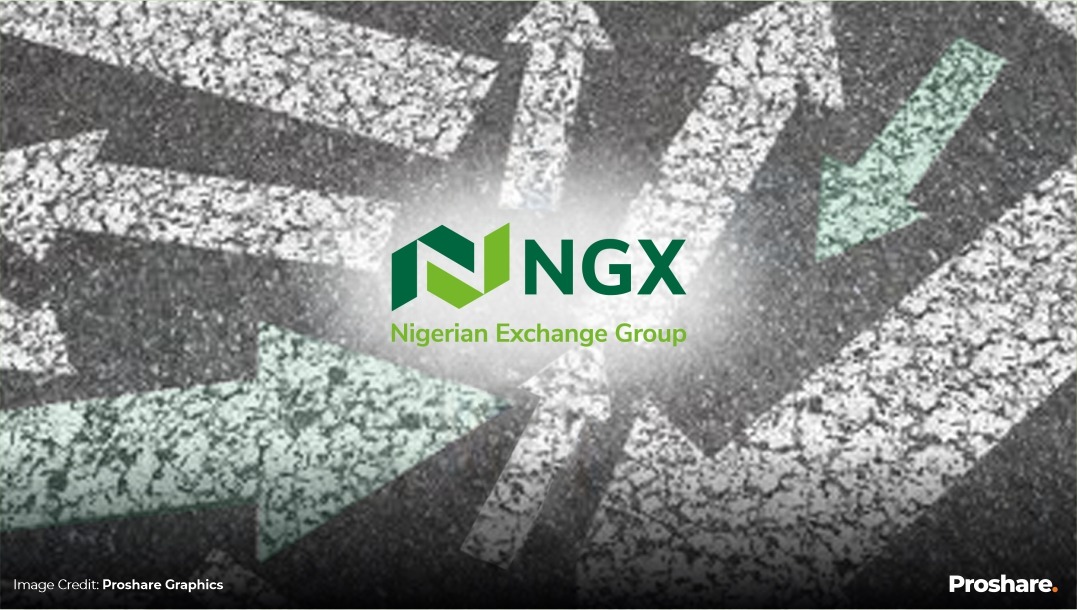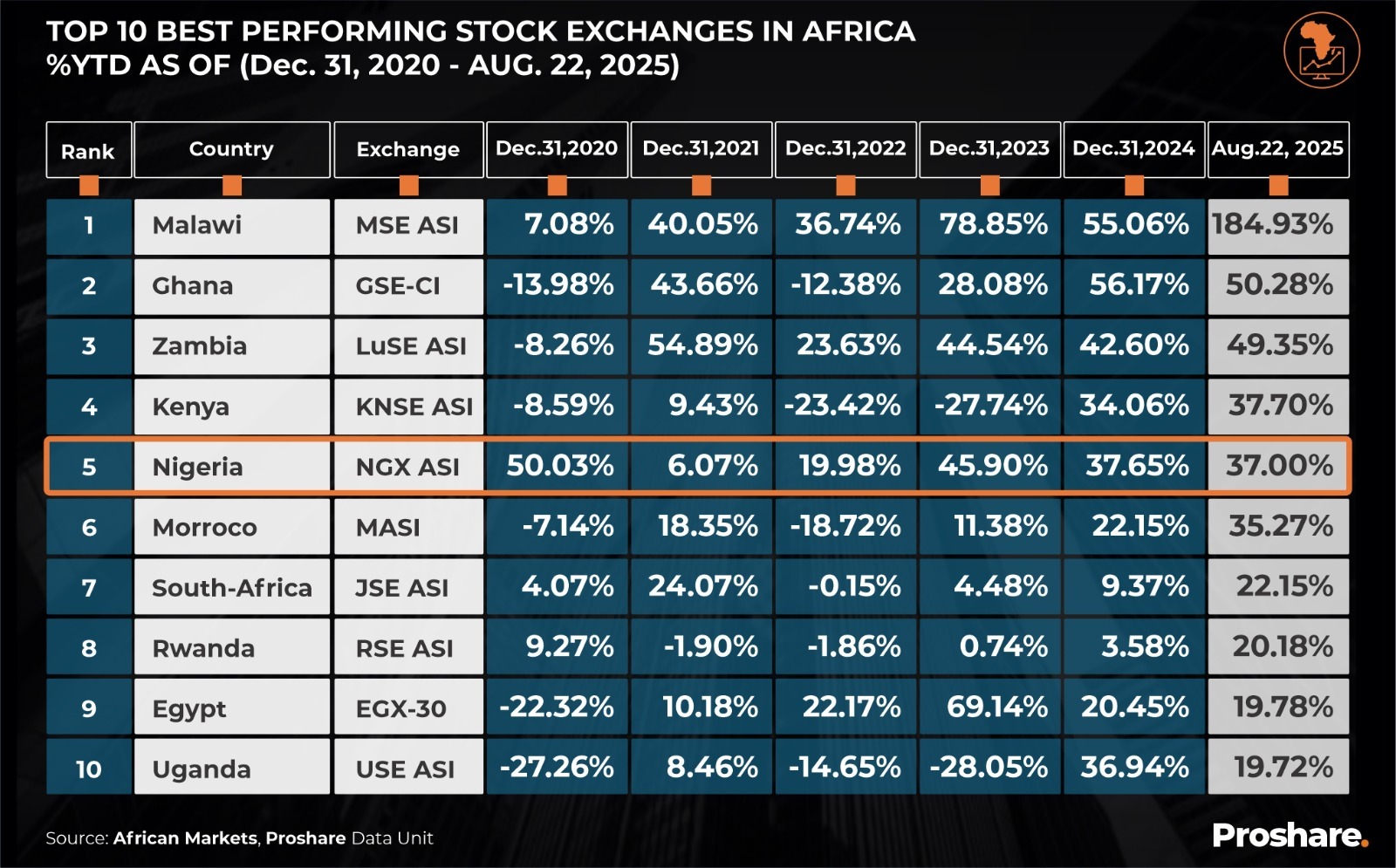NGX at a Crossroads: Bold Reinvention or Quiet Irrelevance


“Since the bird has learned to fly without perching, men have learned to shoot without missing” – Chinua Achebe
Nigeria’s main equity bourse – the Nigerian Stock Exchange will, on current form, be described as one of the best-performing stock exchanges in Africa. Yet it is not eureka yet (see Table 1 below).
Table 1:

Nigerians investment opportunities
A review of the now-outdated capital market master plan reveals that the focus and deliverables of the NGX are not aligned with their intended purpose, and I will attempt to provide pointers between posturing, potential, and prospects.
Not being naïve, I wish to state upfront that the observations below, considered well-thought-out by a cross-section of analysts, will unfortunately collide with forces greater than the institution that would sadly ensure the inability to move the needle in favour of, or in the direction of, any of these suggestions. This would serve as a self-validating truth that too many fundamental challenges plague the Nigerian market. Sadly, other self-regulatory organisations (SROs) are far from ideal.
The gains of the past twenty-five years (if we can call the incremental steps such) are now masked in the ugly and wanton hypothecation of value by just a handful of entrenched and self-serving interests. Beyond a shrug of the shoulder, let’s attempt to have the uncomfortable conversation.
Will the NGX ever reach its true potential without disrupting itself?
An old sage once said, “Do not let my story be anchored around when I used to have wealth, power, or greatness, saying I would have done this or that.” People understand this as the lamentations of one who once had it all but let it slip away. And that, unfortunately, is where the Nigerian Exchange (NGX) finds itself today. Once a roaring marketplace in 2007/2008, those glory days are now faded and have never come close to the same – a case of a reality-posturing gap.
Nigerians investment opportunities
Recalling the mid-2000s, the NGX was the heartbeat of Nigeria’s economy, using market metrics. On an ordinary Tuesday in 2007, it could easily trade over US$100m worth of transactions. On one historic day, turnover crossed US$200m, a milestone so electrifying that trading desks in Lagos popped open bottles of Scotch to celebrate.
Those were the glory days, nostalgic in a sense. But since the 2008 crash, the market has steadily withered. Daily turnover shrank from US$50m to US$30m, then to US$10m, and at its lowest, barely US$4 to US$5m. The recovery has been anaemic. Today, the NGX remains a shadow of its former self, long on glossy presentations and reform talk, short on the structural changes that really matter.
If Nigeria’s capital market is to matter again, if it is to mobilise savings, channel capital into businesses, and attract global investors, the Exchange must disrupt itself. Otherwise, others will.
Currently, FMDQ is activating its equities platform. Foreign capital, weary of dysfunction, continues to bypass Nigeria altogether, and the NGX stands at a crossroads: bold reinvention or quiet irrelevance.
If the NGX is to regain relevance, bold reforms are required. These are some practical, immediate steps that could unlock significant liquidity and investor participation:
1. Scrap the 100,000-unit minimum print rule for price changes
Nigerians investment opportunities
At present, a stock price cannot change unless at least 100,000 units are traded in a single print. This effectively locks up large-cap names like Airtel and Seplat, which together represent almost 10 per cent of the market’s capitalisation, from reflecting fair price movement. Removing this outdated rule will instantly improve price discovery, investor confidence, and index accuracy.
2. Extend trading hours meaningfully
Why should the Exchange operate for just four and a half hours? Extending trading till about 5 p.m., which allows overlap with New York opening times for two to three hours, is urgently needed. It would give both local and international investors greater access to the market. Longer hours can also reduce volatility caused by compressed trading windows.
3. Fix the closing auction
The current structure is too complex and opaque, making it unattractive for participants. Closing auctions should be transparent, simple, and reflective of actual supply and demand, not dark pools where no one seems to have a clear sight of what is happening. Liquidity often concentrates at the close, but only if the mechanism inspires confidence.
4. Improve settlement efficiency
The average 30-minute delay between custodians and CSCS when unblocking shares is a drag on a market that only trades for 4 to 5 hours daily. Reducing settlement latency through better systems and straight-through processing would significantly enhance liquidity and turnover. The devil is in the details.
5. Strengthening the broker community
The Exchange currently regulates almost 200 stockbrokers. Fewer than 20 drive most of the activity. Maintaining so many under-capitalised firms is costly for the regulator. Instead of simply raising capital requirements, the NGX should actively push consolidation and deregister dormant or underperforming firms. It is a sensitive topic, but the truth is that no high-flying graduate today is aspiring to enter a sector that cannot compensate competitively. Regulators probably earn more than brokers combined.
6. Introduce basic derivatives
It is surprising that in 2025, Nigerians cannot trade even the plainest vanilla of derivatives, such as index futures or single-stock options. These are not exotic products – they are the building blocks of modern markets. Without them, risk management is limited, institutional participation is constrained, and liquidity suffers. A measured introduction of derivatives would immediately broaden market appeal.
7. Reset minimum brokerage fees
Setting the minimum brokerage fee at 40 basis points is unorthodox. It will likely be unpopular, but it deserves serious debate if we are to be honest about the state of the industry. Brokers are not making enough to keep the lights on, yet they are expected to deliver world-class service. Local pension funds, the most significant institutional players, also need to recognise that you cannot have Rolls-Royce service on a Picanto budget.
8. Implement global best practice trade allocation standards
Globally, institutional investors can buy large blocks of shares and allocate them across accounts by the end of the day. In Nigeria, this process is cumbersome and creates unnecessary risk. Post-trade allocation must be automated and standardised to meet international benchmarks.
Nigerians investment opportunities
MSCI has been clear that Nigeria will not be readmitted into its indices until two things happen (a less cumbersome process for unblocking of shares, which currently takes about 30 minutes and post-trade allocation applicable in many markets – Kenya and SA)
The Nigerian Exchange stands at a crossroads. It can continue to tell stories of “back when I used to…” or it can take the bold steps required to modernise. Investors, both local and international, are ready. The Nigerian economy has the energy and entrepreneurial spirit to support a thriving market, and we need an exchange to match that energy decisively.
9. Democratizing Data Access on the NGX via brokers
In global markets, gaining access to stock exchange data is a straightforward process. An investor logs onto a broker’s portal, reviews the available options, and subscribes with a few clicks. Payments are automated, subscriptions are instant, and within minutes, the data is ready to power analytics, trading strategies, or research. Essentially, we want to create autonomous and automated trading systems with minimal human intervention.
Contrast this with the experience in Nigeria, where obtaining even basic market data is hindered by bureaucratic obstacles. Feedback from persons going through this process with NGX says it involves lengthy legal agreements, manual payments, and duplicative documentation, creating unnecessary friction. Instead of encouraging participation, these hurdles deter many of the very people who could bring energy, ideas, and innovation into the market.
Investment products
Nigerians investment opportunities
The opportunity lies in reimagining data access. By creating a streamlined, digital subscription system, the NGX could transform data into an accessible product rather than a privilege guarded by paperwork. Investors and institutions, regardless of size, would be able to subscribe directly or through intermediaries such as brokers and licensed vendors. In this model, the Exchange sets the framework, while trusted partners manage distribution to retail clients and smaller firms.
The benefits are significant. Broader access to data would encourage more market participants to engage actively, building liquidity and improving price discovery. It would also generate new revenue streams for the Exchange, reducing reliance on transaction fees that currently raise the cost of trading. Over time, an open and competitive data ecosystem would challenge monopolies, drive down costs across the industry, and encourage fintechs and researchers to build new solutions that expand the market’s reach.
Democratizing data is not just about convenience. It is about unlocking participation, reducing barriers, and positioning the NGX as a forward-looking exchange. By embracing a more straightforward, more inclusive approach to data access, the market can shift from being a closed system to becoming a platform that invites innovation, competition, and growth.
Closing Thoughts
Over the last four decades, the NGX has come a long way but not far enough. It has institutional and strategic issues that must be addressed urgently to guide the market to achieve its full potential as soon as possible. The Exchange needs to:
Investment products
- Improve innovativeness, for example, introducing plain vanilla equity derivatives
- Clarify organisational structure and relationships within the Holdco
- Build a uniform culture across entities in the Holdco to strengthen efficiency and effectiveness
- Rethink the management and accessibility of data for improved stakeholder market experience
- Deepen interactivity between stakeholders and the Exchange to align expectations with market developments
The NGX should be a platform for long-term funds mobilisation, displaying the flexibility, agility, and technical ability to mobilise money needed for Nigeria’s infrastructural transformation and development goals. The time to hide behind a finger is long gone, as Chinua Achebe had noted in the earlier quotation; people and institutions must evolve to the realities of the context they find themselves. If birds have learned to fly without perching, men must learn to shoot without missing. The hallmark of institutional sustainability is imagination, flexibility, and agility. The choice to prioritise safety over innovation is stagnation.




